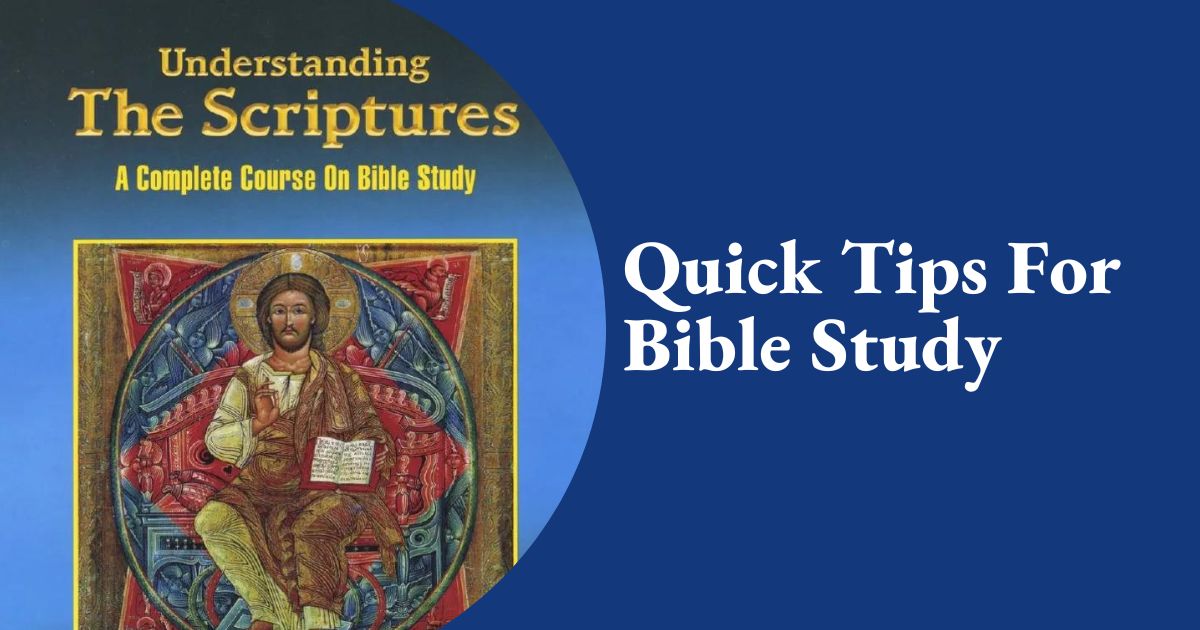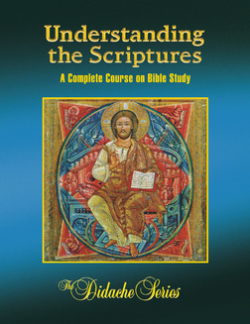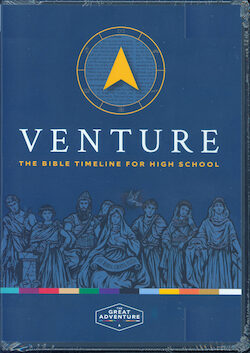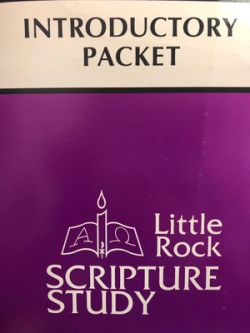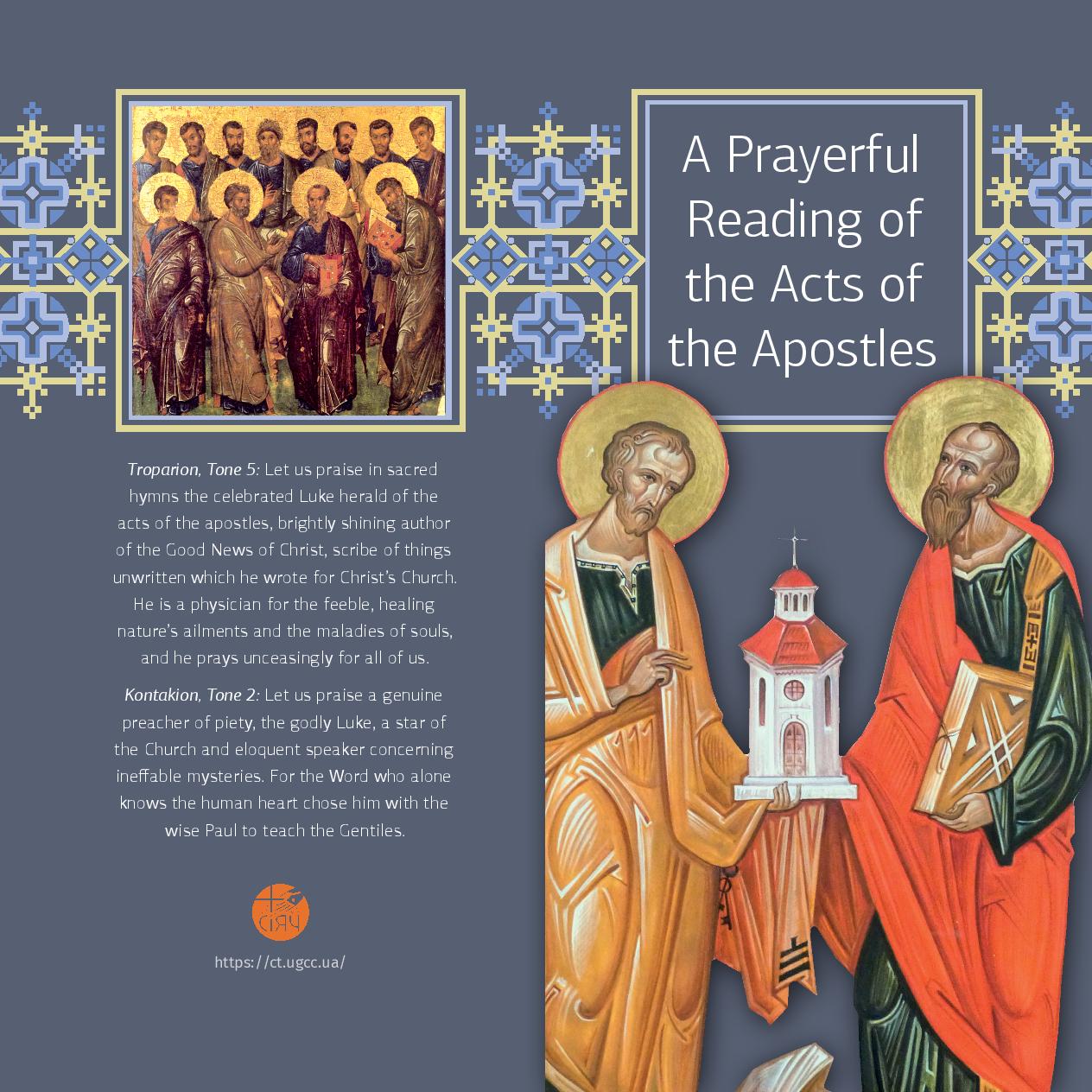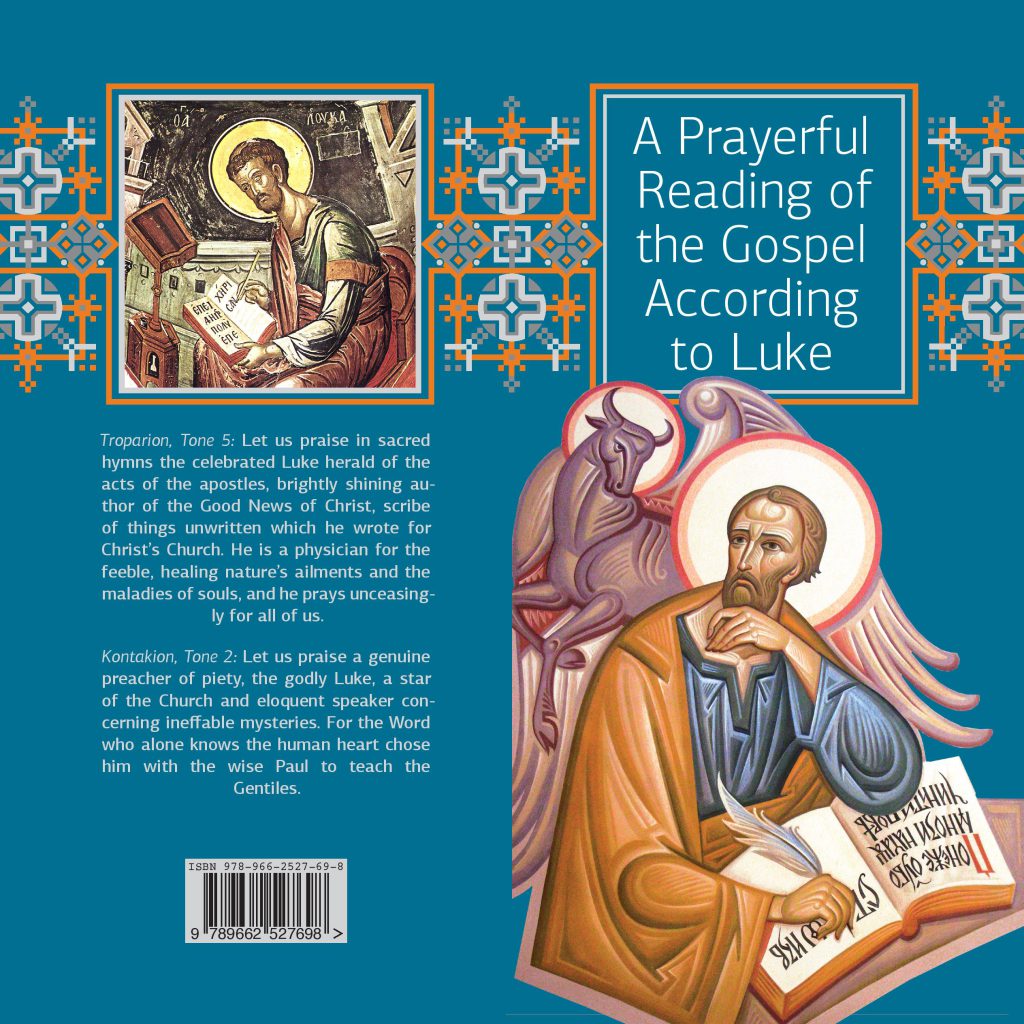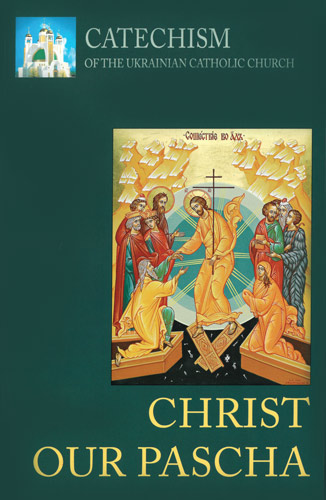Looking for resources to help you along with your Bible study? Visit the Eparchy of Edmonton’s Resource Library, a free resource available to the public to deepen their knowledge of their faith. The library collection is centred around Eastern Catholicism and Orthodox Christianity with more than 6,000 English and Ukrainian resources. Here are three books we offer at the Resource Library to help along with your Bible study.
For Catholics, the Bible is a foundational source of spiritual guidance, containing the inspired Word of God. However, diving into this sacred text can be both rewarding and challenging. Whether you’re new to reading the Bible or looking to deepen your understanding, these tips will help you get the most out of your reading sessions and strengthen your connection with your Catholic faith.
1. Start with Prayer
Begin your Bible reading sessions with a prayer, inviting the Holy Spirit to guide your understanding and reveal insights. Ask for the grace to open your heart and mind to the Word of God.
2. Select a Catholic Bible Translation
Choose a Catholic-approved Bible translation that includes all the books of the Catholic Canon. Common options include the New American Bible (NAB), the Revised Standard Version Catholic Edition (RSV-CE), and the Douay-Rheims Bible. Ensure it has an imprimatur or nihil obstat, indicating it is free from doctrinal or moral errors.
3. Understand the Structure
Familiarize yourself with the structure of the Bible. It is divided into the Old Testament (before the birth of Jesus) and the New Testament (after the birth of Jesus). Each section contains various books, and within those books, you’ll find chapters and verses.
4. Follow a Reading Plan
Setting a reading plan can help you stay consistent and cover the entire Bible over time. The Catholic Church provides a daily Mass reading plan, but you can also explore thematic or chronological reading plans to suit your preferences. Below are three free ebooks you can read to help you along your Bible study.
5. Explore Catholic Study Bibles
Invest in a Catholic Study Bible, use the Eparchy of Edmonton’s Resource Library, or use online resources and apps that provide commentary from trusted Catholic theologians. These resources offer explanations, historical context, and insights into the Catholic interpretation of Scripture.
6. Read the Catechism Alongside Scripture
Christ Our Pascha offers explanations of Catholic doctrine and teachings. Reading it alongside the Bible can help you connect Scripture with the teachings of the Church, deepening your understanding.
7. Attend Bible Study Groups
Join a Catholic Bible study group at your parish or online. Discussing Scripture with others allows you to gain different perspectives, share insights, and grow in faith together.
8. Journal Your Thoughts
Keep a journal to record your thoughts, questions, and spiritual experiences while reading the Bible. Journaling can be a powerful way to deepen your understanding and track your spiritual growth.
9. Apply Scripture to Your Life
The Bible is not just a historical document; it is a living Word. Apply the teachings and values you encounter in Scripture to your daily life. Seek opportunities to practice love, forgiveness, and service to others.
Reading the Bible as a Catholic is a profound journey of faith and self-discovery. With prayer, guidance, and a thoughtful approach, you can enrich your spiritual life and grow in your understanding of God’s Word. Remember that reading the Bible is not just an intellectual exercise; it’s an invitation to encounter the living God and live out your Catholic faith more fully.

